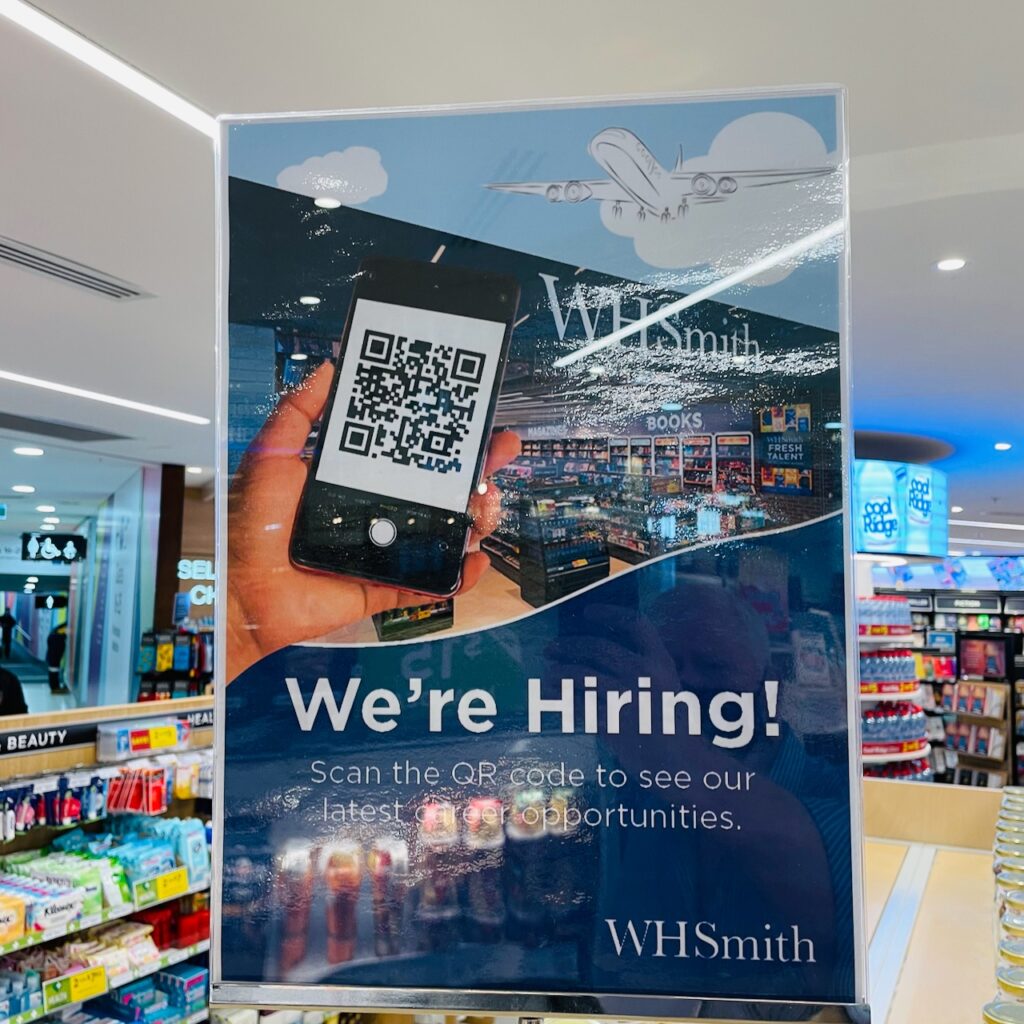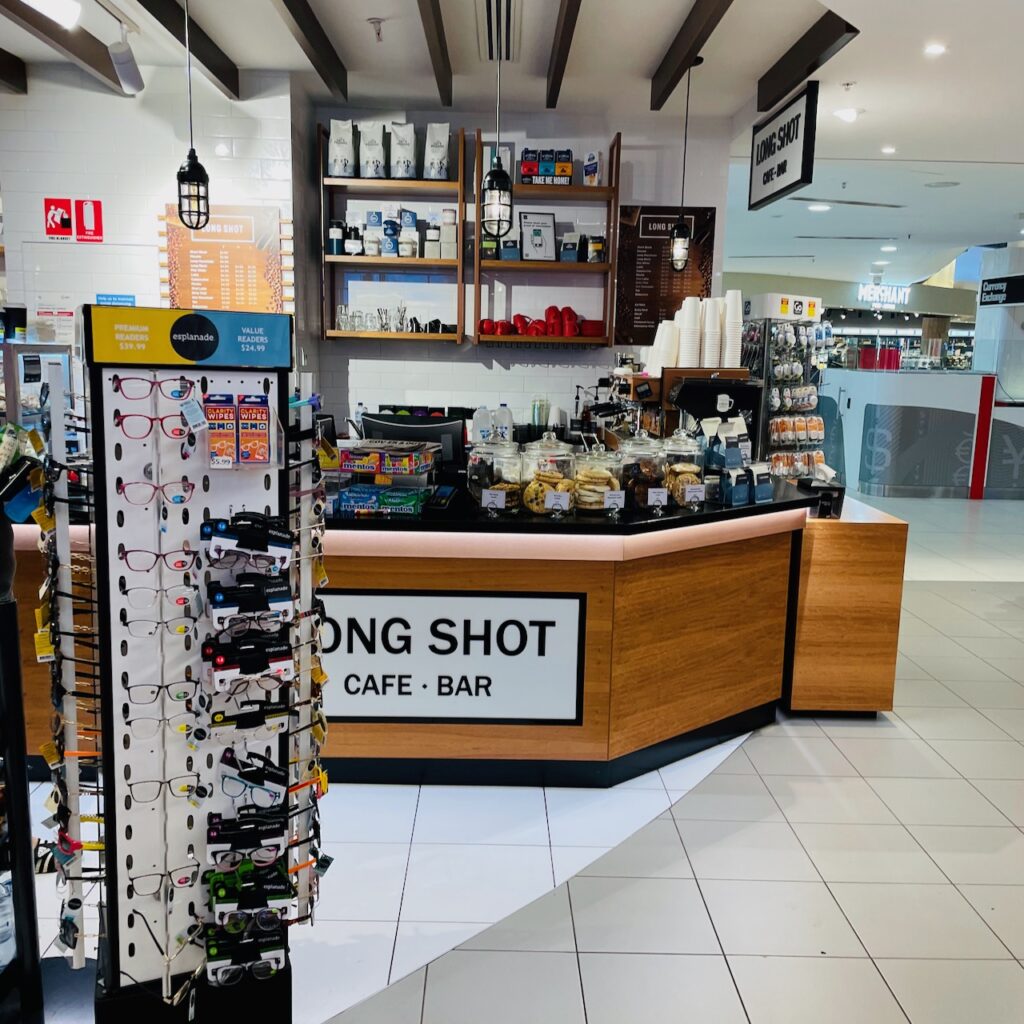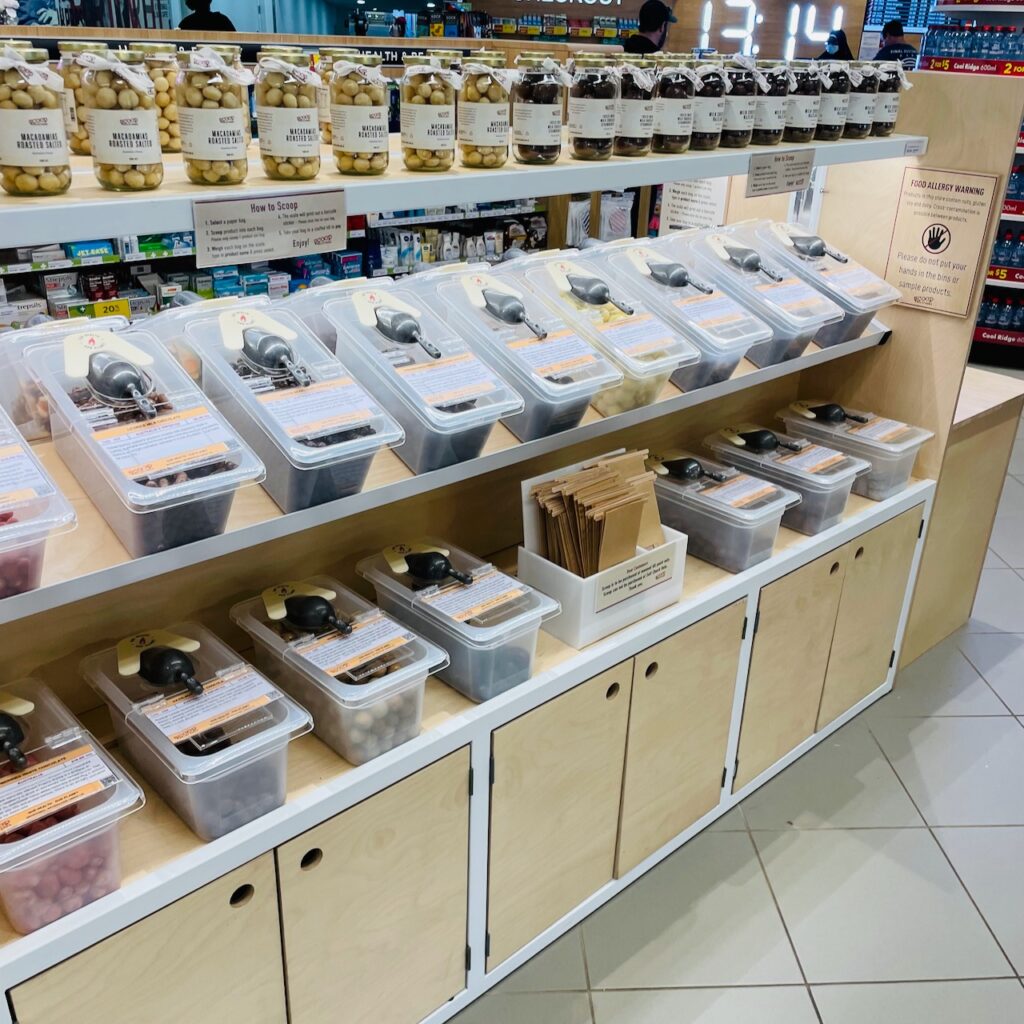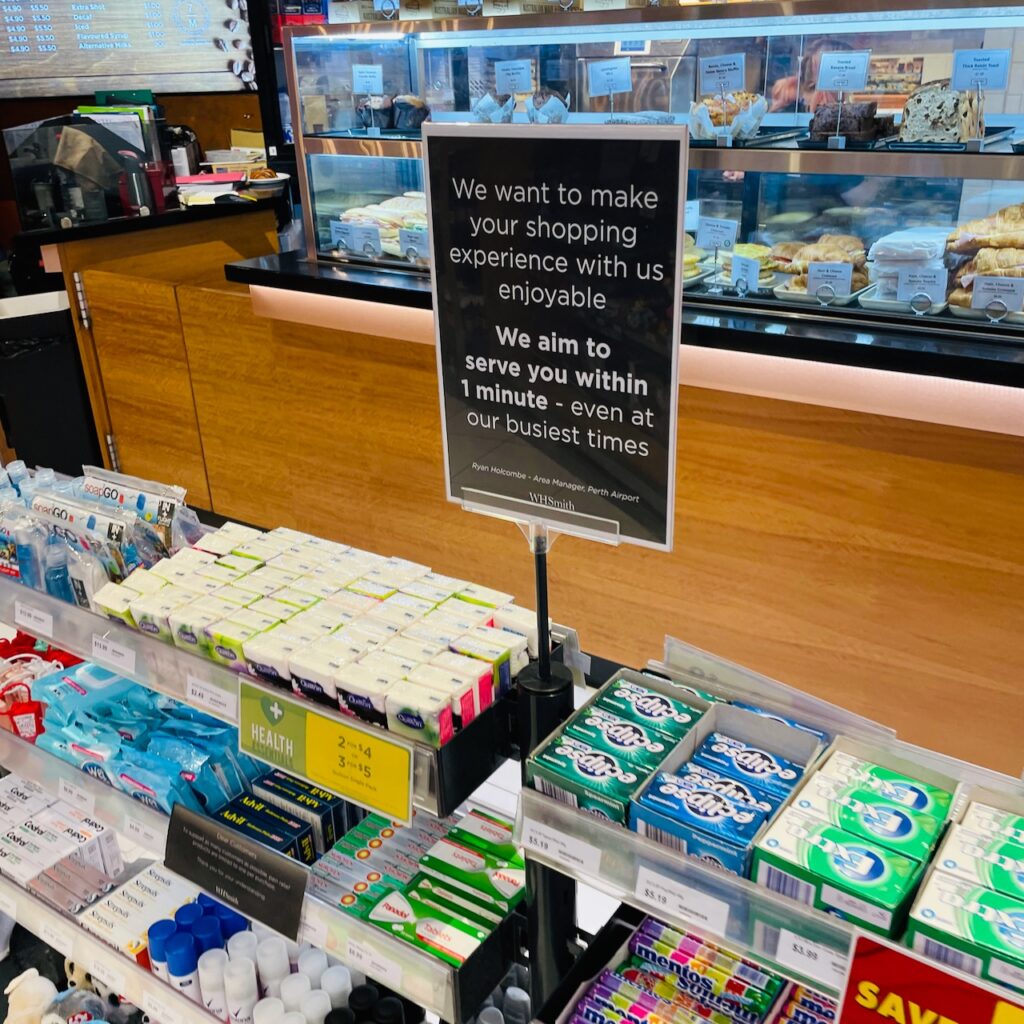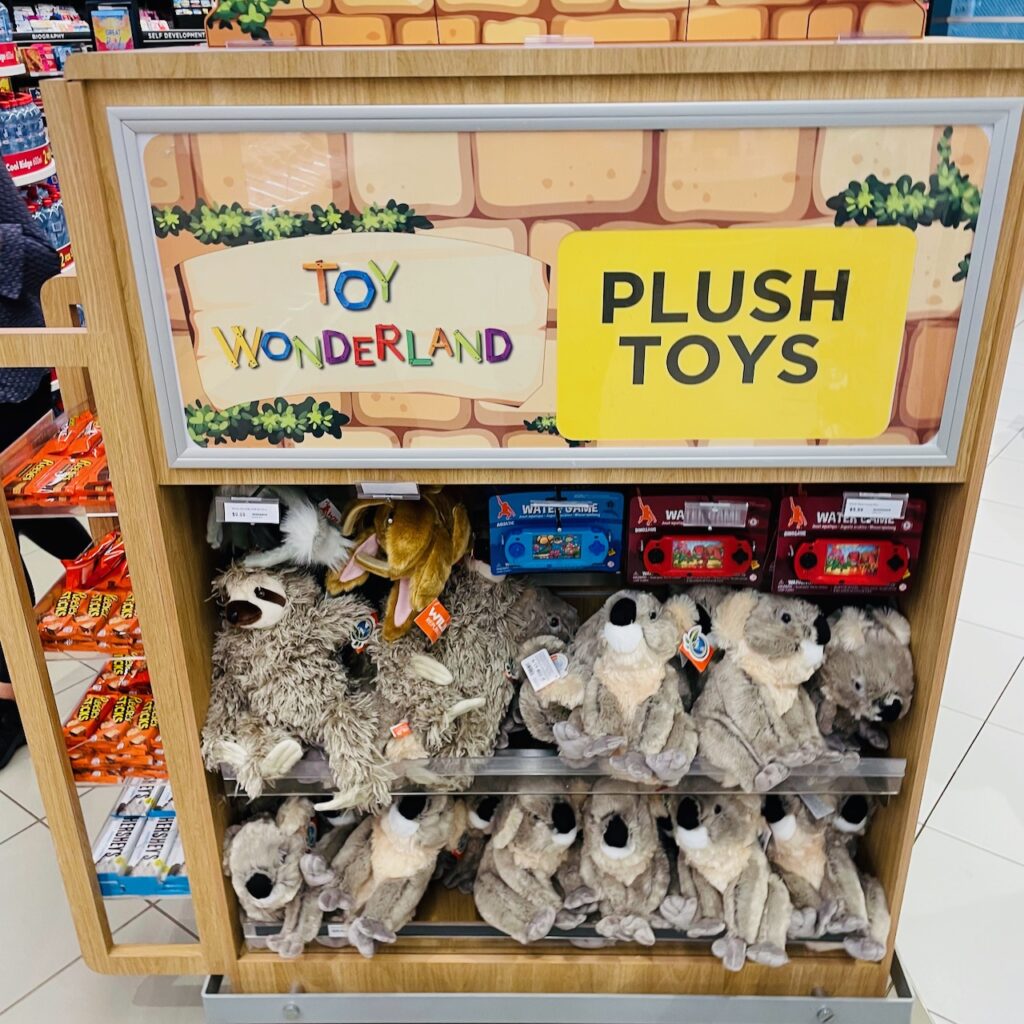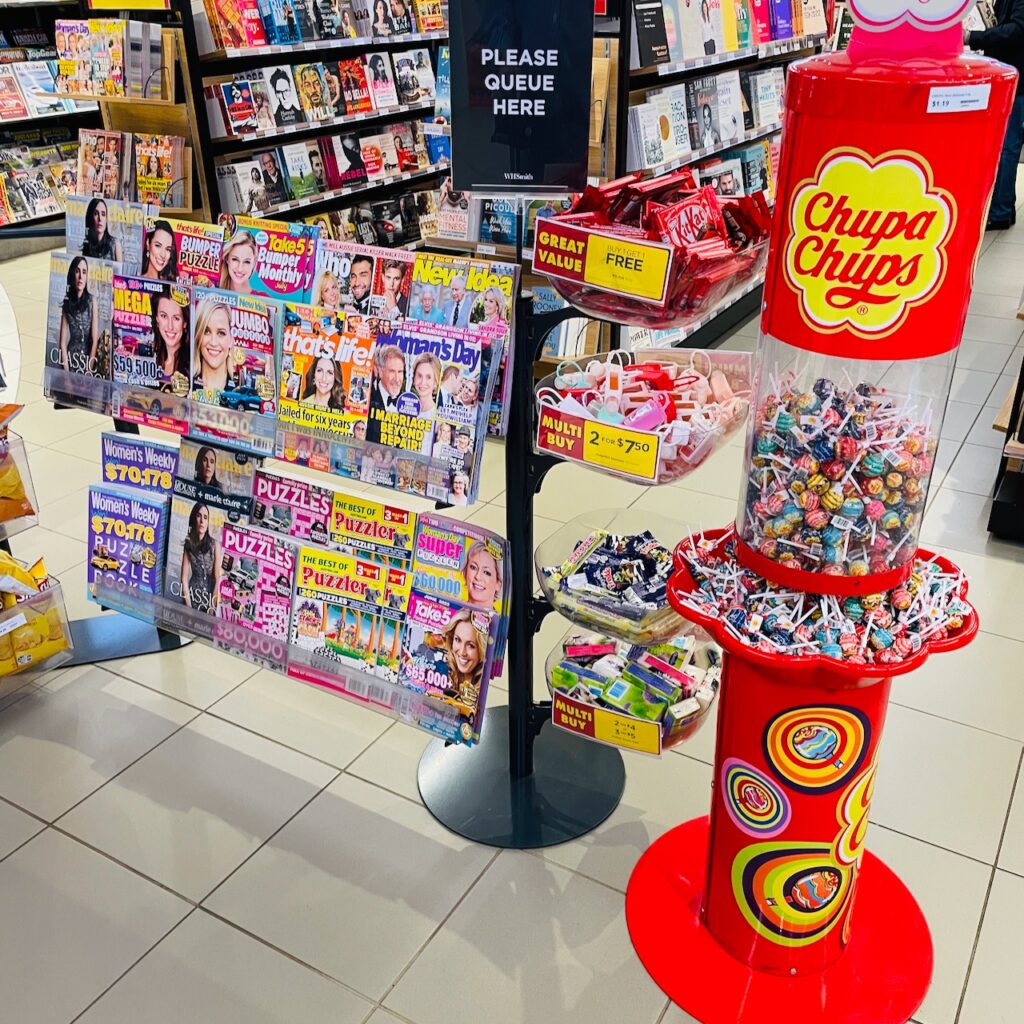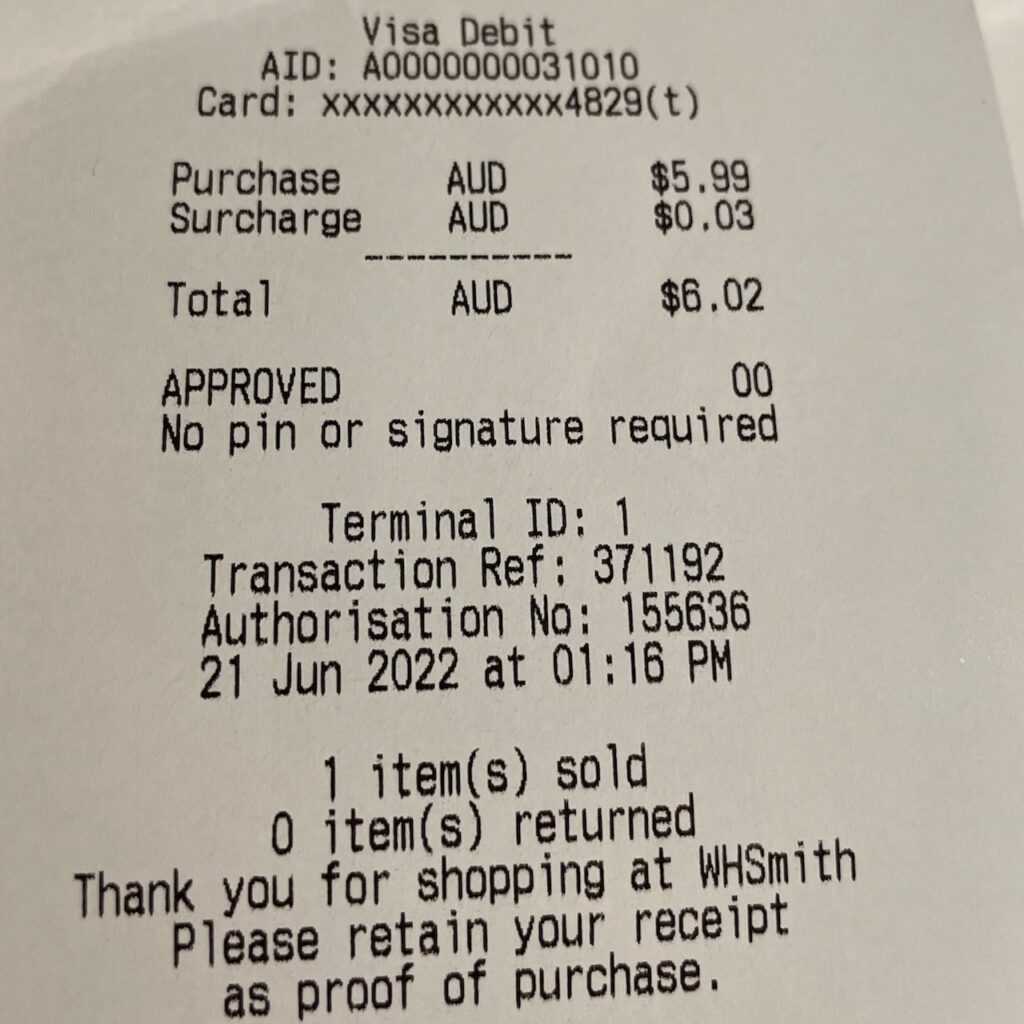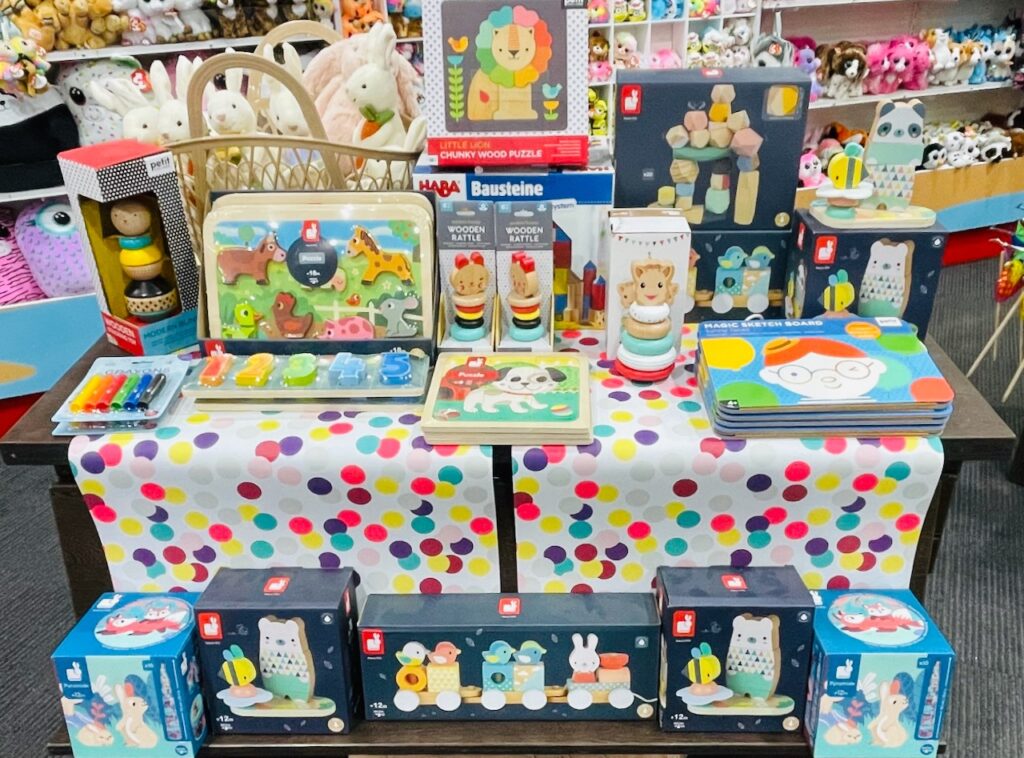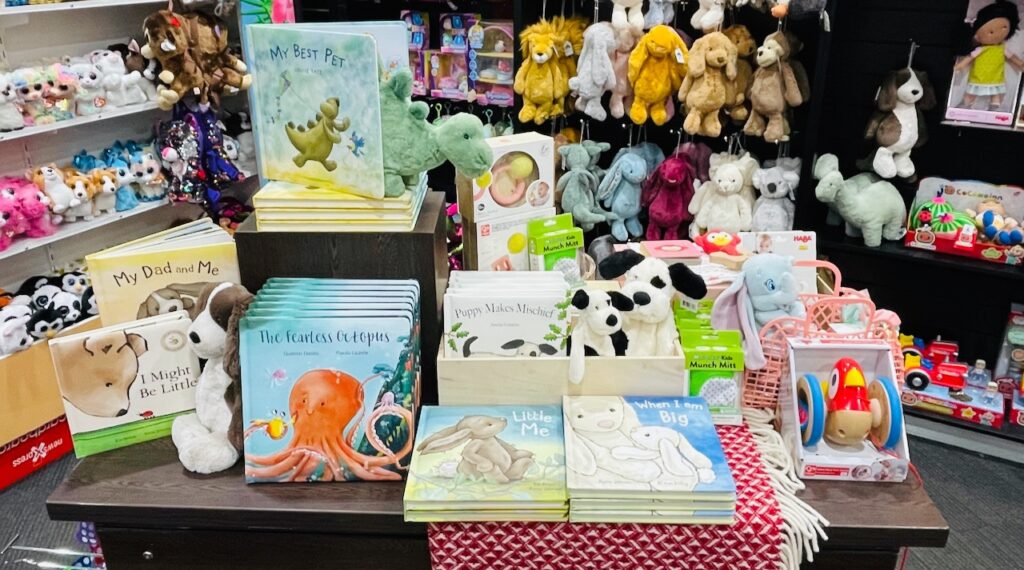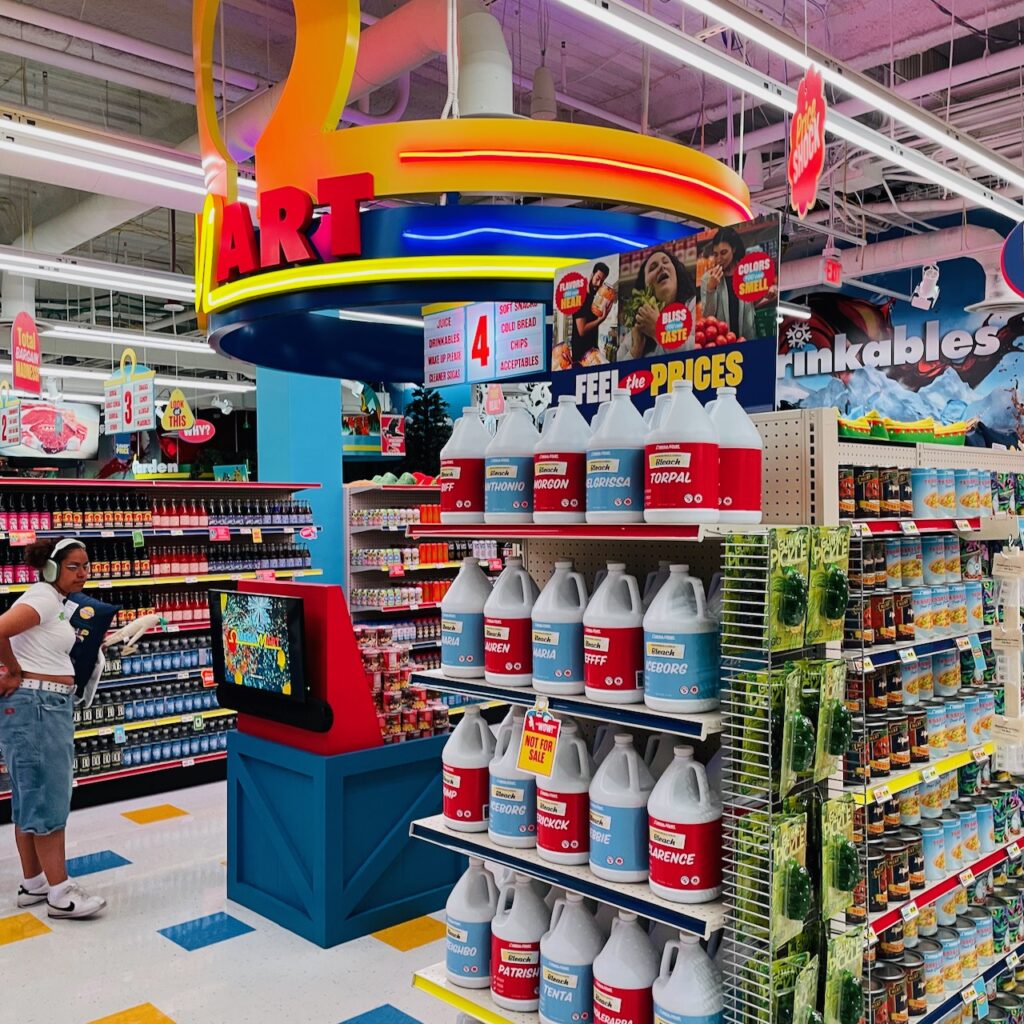Do you have any idea how many pitches a retailer gets from suppliers every day?
Many, too many, every day. And, what makes it worse is that there is a sameness to the pitches – over written, loaded with claims and rarely tuned to my local business needs. Most emails or calls or visits come from a place of selfishness, based on what they need. A better approach would be them thinking first how can they help, how can they add value to your business without you having to commit?
There is too much lazy communication. And, I say this as a retailer and a supplier to retailers. I have made the mistake of sending emails and letters that were selfish. When I switched my approach to add value, or at least try and genuinely add value, sales surged. It built trust. Giving away knowledge that any retailer could use without having to spend anything is key to this.
So, what matters to retailers, what does a supplier need to do to get their attention?
In my opinion – I say that deliberately since every retailer will have their own views on this – here is how a supplier can get my attention:
- Be clear and efficient in communication. Don’t over write, don’t wrap your pitch in fluff.
- Be factual. Give me data, which can be fact-checked, that shows the value of the pitch to my business. For example, what Google search data is there to indicate shopper interest in the products or the product categories?
- Be helpful. Explain what you provide beyond inventory that could be helpful: images, social media collateral, product descriptions, electronic invoices.
- Be focussed. Sending me a link to your catalogue is hilarious. Sure, I have an hour to click your link, probably apply for a password if you are really bad at your job, and trawl through pagers looking for what I am not sure. The fewer keystrokes I have to click to engage with you the better.
- Have stock. Suppliers selling in advance of having stock only to find not everything arrives is a waste of our time.
I am in business to sell product as this is what enables me to pay rent, wages, overheads and myself. Anything that you send my or pitch to me that does not obviously support my needs is a waste of my time.
Thinking about this, sell price, margin and stock turn are all factors. I am keen for products that leverage all three. A supplier pitching a product at a discount has me wary, regardless of the extent of the discount. Cheap product is useless unless it sells, and, ideally, faster than usual.
For too long, our channel has been pitched to through old-school approaches. Covid, thankfully, has shown that we can thrive without some of these. The future is ahead of us, not back in those past ways. Smart suppliers have learned through Covid, they have found ways to pitch efficiently and effectively, to cut through and deliver to retailers what retailers want / need. Fewer rep visits. fewer cold calls. Fewer bland emails.
When I am buying today I preference:
- Genuinely Australian made.
- Immediately available.
- Free samples for products that sell more easily if there are samples for customers.
- Ranges that tell a story.
- Ranges I can leverage to find new shoppers.
Here are some other points related to this discussion about supplier engagement with local retailers …
You are not entitled.
I appreciate that may came off as offensive. That’s not my intent. But, it is true. We owe you nothing, regardless of your connection to our business. Any supplier is only as valuable as their last product supply.
No thanks.
That’s the best default response to every supplier pitch. Start with no. make them work for it. make them work harder to get their inventory into your shop.
Start with no and encourage them to make a business case.
You don’t have an appointment.
That alone should have you showing any drop-in the door. The moment you agree to meet with a drop-in rep weakens your position. The more we make the point that drop-ins are not welcome the better they will treat us.
A coffee, a beer or lunch are irrelevant to what you should stock.
There are plenty of old-school suppliers who think buying you a coffee or a beer or more is the best way to get you to bu from them. I’m in business for business reasons, not social reasons. Let’s stay focussed on business, and is good social times flow, great – but let’s not lead with that.
Buying space.
Some suppliers seek to guarantee engagement by paying for shelf space or fixtures. Too often, this does not serve the retailer well. While a supplier funding a nice looking fixture or covering the lease cost of some space may feel like a good move for cash flow, it is only a good move if the inventory they please there turns well, better than what you could do yourself. This type of funding comes at a cost to the business.

